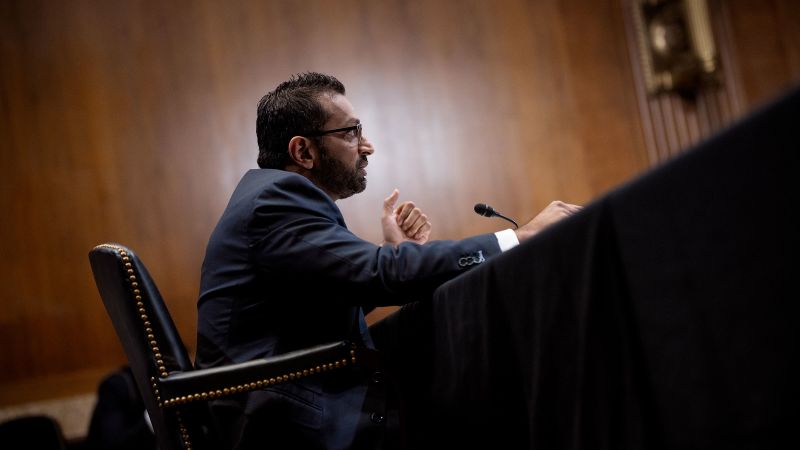
Some good news on the employment front: Job seekers are getting hired in a shorter period of time while sending fewer applications compared to earlier this year, according to the latest findings from ZipRecruiter, which looked at 1,500 new hires.
The job search company’s latest quarterly survey of U.S. workers who started their job within the last six months suggests Americans are getting more comfortable with the uncertainty in today’s job market. Also, they are more likely to remain at their current positions (tending toward so-called job hugging), leading new employees to take a “more cautious and strategic approach to their career moves.”
“Today’s new hires are coming in ready to stay put,” ZipRecruiter labor economist Nicole Bachaud said.
The data on new hires is especially relevant because they are often the first people in the job market to experience changes in recruiting and employment offers.
Subscribe to the Daily newsletter.Fast Company’s trending stories delivered to you every day
Privacy Policy
|
Fast Company Newsletters
As job and wage growth have slowed, new hires face more competition and fewer opportunities to transition to “bigger and better” roles than their peers did over the past few years.
As a result, new hires are taking their time to find jobs that meet their long-term needs—from flexibility to culture to better benefits—before hunkering down in new positions.
Another interesting finding: 54.4% of new hires stopped their job search after they landed a new role—up from 48.1% last quarter. (ZipRecruiter surveys new hires during the second month of every quarter and compares results accordingly.)
At the same time, new hires aren’t changing jobs as fast as they used to: 51.6% moved only once in the past two years, up from 42.7%; while 45.9% plan to remain in their current role for at least three years, up from 44.1%.
Workers, especially women, are redefining career expectations
“Workers are redefining their career expectations to adapt to today’s economic realities,” Sam DeMase, a ZipRecruiter career expert, explained. “They are prioritizing flexibility and fit, and holding out for the right role.”
For women, this can mean prioritizing culture and job security over pay.
advertisement
While the gender wage gap has narrowed slightly in recent years, it still remains very real. One contributing reason is that women are more willing than men to accept lower pay in a new role. The survey found nearly 30% accepted a lower salary compared with 18.6% of men—a significantly wider gap than the previous quarter.
A further look at the data showed that for many women who accepted lower pay, the trade-off was intentional, as their goal was a job with a healthier culture, less stress, and real flexibility. The survey found 24% of women were more likely to accept offers for better company culture (compared to 13.6% of men); 20.4% of women for reduced stress (compared to 13% of men), and 34.6% of women for a flexible schedule (compared to 27.7% of men).
The conclusion: For many women, their day-to-day experience at work and the ability to control their time can matter as much as their paycheck.
Not surprisingly, the data found men value compensation and opportunity more than women, with 56.2% of men citing pay (compared to 50.6% of women) as the reason for accepting a role, and 21.5% of men citing career advancement (compared to 16.5% of women).
More job opportunities for healthcare workers
Healthcare industry workers in personal care, nonprofits, and domestic services continue to have more options than workers in some other fields.
“Healthcare jobs remain the hottest sector despite industry-wide hiring slowdowns, with public health roles leading growth as authorities navigate rapid policy changes,” Bachaud told Fast Company.
Looking ahead to the busy holiday season, Bachaud forecasts accelerated hiring in the transportation sector and for retail, as businesses prepare for peak demand.
“With falling interest rates to boost business activity and consumer spending,” she added, “all eyes are on whether tariff-driven price increases will derail the anticipated economic recovery.”



